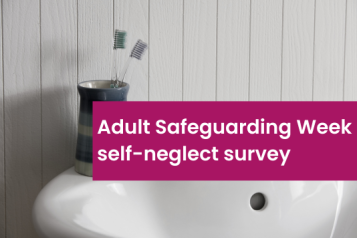The Care Act 2014
Anyone who receives care and support, or supports someone as a carer, could benefit from the changes
Any decisions about care and support will take into consideration people’s mental, physical and emotional wellbeing, with a focus on supporting people to stay healthy and remain independent for longer
Eligibility for Care and Support
From April 2015, all councils will use the same national level of care and support needs to assess what help they can give people
This will give people peace of mind that wherever they live in the country, or plan to move to within England, if their needs meet the threshold, they will be eligible for support
If someone decides to move to another area, councils will also have to work together to guarantee that there is no gap in the person’s care
People receiving care and support will be informed how much it will cost to meet their needs and how much the council will contribute towards the cost. People will have more control over how that money is spent. Whatever people’s level of need, be it physical, mental or emotional, their council will be able to put them in touch with the right organisation to support their wellbeing and help them remain independent for longer
Support for Carers
Millions of people in England provide unpaid care or support to an adult family member or friend, either in their own home or somewhere else
From April 2015, changes to the way care and support is provided in England mean carers may be able to get more help so that they can carry on caring and look after their own wellbeing
From April 2015, all carers will be entitled to an assessment of their own needs, irrespective of whether the person they care for has eligible needs
A carer’s physical, mental and emotional wellbeing will be at the heart of the assessment, which could result in practical support such as respite care, a direct payment to spend on the things that make it a little easier to carry on caring or information about local support groups
Deferred Payment Agreements
From April 2015 deferred payment agreements will be available across the whole of England
Deferred payment agreements mean that no one should have to sell their home in their lifetime to pay for their care
A deferred payment agreement is an arrangement with the council enabling people to use the value of their home to fund care home costs without having to sell their home in their lifetime
A deferred payment agreement is only one way to pay for care. People can speak to a financial adviser or seek advice from an independent organisation to find out more about the options available to them
Find out more
People can speak to their council for more information and to get advice about their circumstances.
To find out more about the changes to care and support in England and how people might benefit, they should visit the Goverment website


